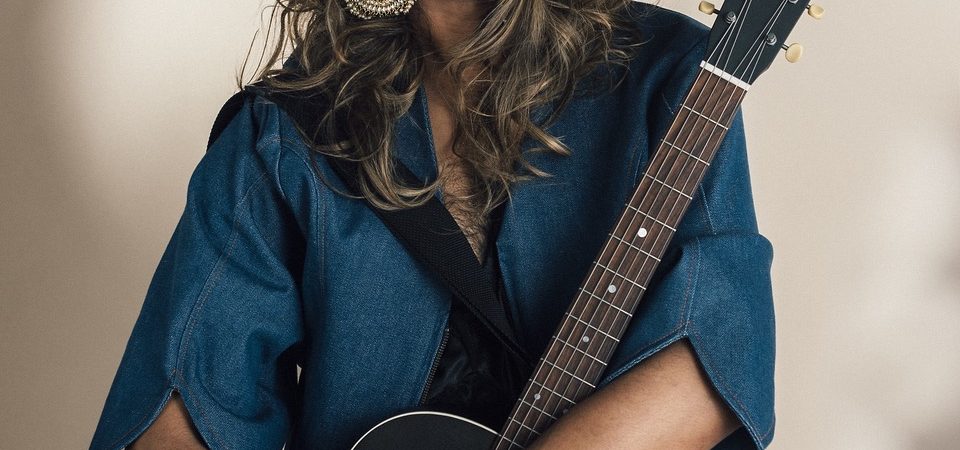$5,000 for a musician in Canada who is Indigenous, Black
or a person of colour, between the ages of 18–28,
to create their debut EP recording.
The grant also includes periodic conversations with musician Vivek Shraya to discuss album vision, promotion/marketing, industry resources/recommendations and any other music-related support (frequency and timing of these in-person/phone/Skype conversations to be negotiated when funding is granted).
I didn’t receive my first music grant until I was fourteen years into my music career. But to put this fact in context, up until then, I had applied for only a handful of music grants. An assumption that might be made is that it was my fault I didn’t receive grants earlier in my career, that I didn’t “put myself out there” enough. If this sounds familiar, it’s because this is what we often carelessly tell people (and ourselves) who aren’t successful in an endeavor.
I didn’t apply for many grants in my twenties because each rejection felt insurmountable, especially when I looked at the list of famous white names who had been awarded those grants previously. What was the point of applying? Those grant winners possessed an identity, an appeal, or a magic that I just didn’t have. Instead of filling out applications, I independently funded every album and music project I recorded from 2002 to 2016, largely by working a 9-to-5 job, with the understanding that institutional support was unattainable for me. Periodically, once enough time had passed after the previous grant rejection, I was able to conjure the emotional fortitude to write another grant application and try again. And fail again.
Rejection and creative practice go hand in hand. But when you are a marginalized body, it isn’t just your art that gets rejected. The lines aren’t as clean as “it’s not personal” or “so-and-so didn’t connect with my demo or my application.” Because of the ways our art is inextricably linked to our backgrounds and lived experiences, and the ways that arts industries are inherently racist, misogynistic and homophobic, any rejection a marginalized artist experiences has deeper implications. Did a white listener not connect with your album because it “lacked artistic merit” or because the sound was different, unrelatable or jarring—code for too brown/too feminine/too queer. In short, every rejection a marginalized body experiences in the arts industry is undeniably, and painfully, personal.
While, unfortunately, I can’t reduce the amount of rejection you will face as a marginalized musician or negate its impact on you, I wanted to create an opportunity that would increase your chances of success. In my experience, there is no “magic” element to achieving grant success aside from applying regularly. So I wanted to create a grant that—I hope—will feel worthy of the emotional fortitude you must conjure to apply, with the assurance that your application will be reviewed by someone who is brown and trans, someone who knows first-hand what it’s like to be rejected for making music that is different, unrelatable and jarring, and someone who, despite these barriers, remains, steadfastly, a music lover.
I sincerely urge you to apply for the inaugural VS. Arts Grant.
–VS

